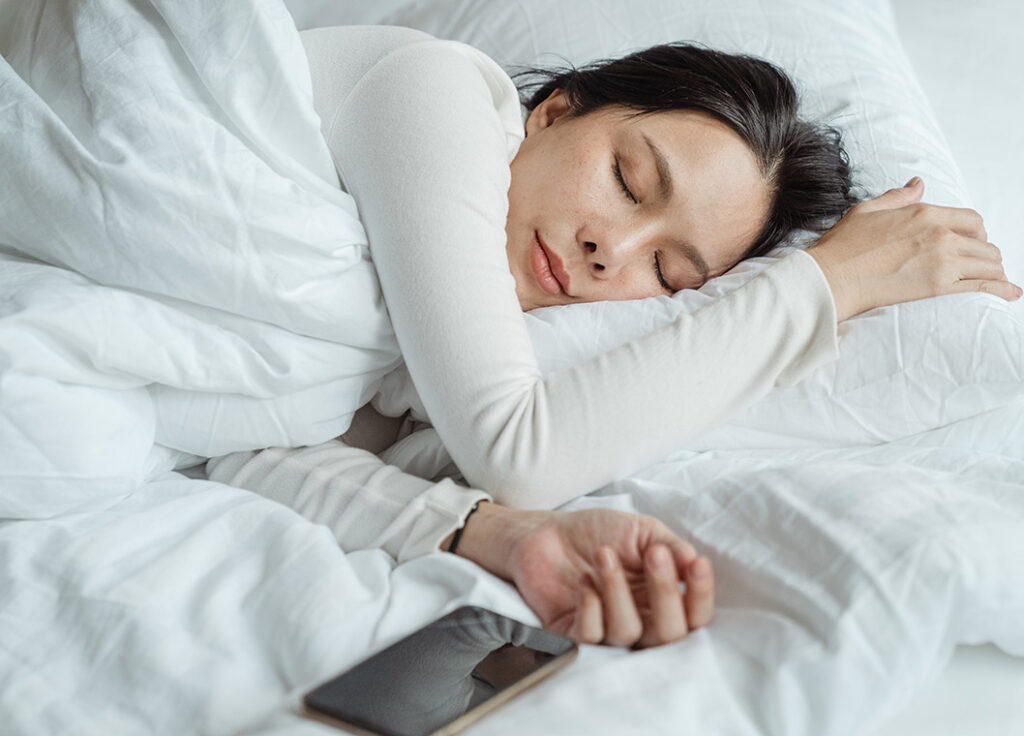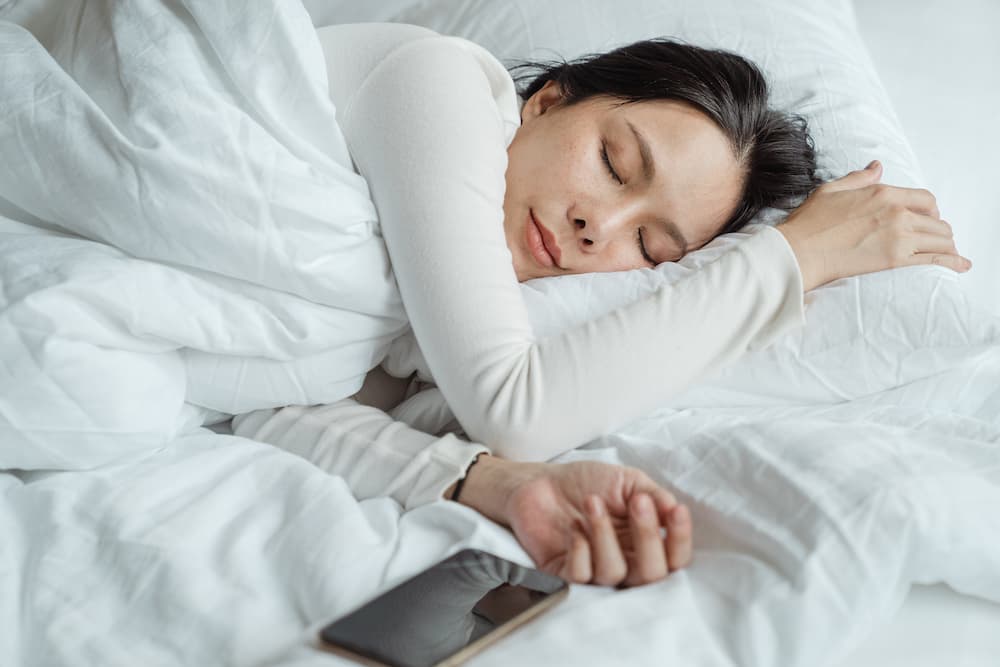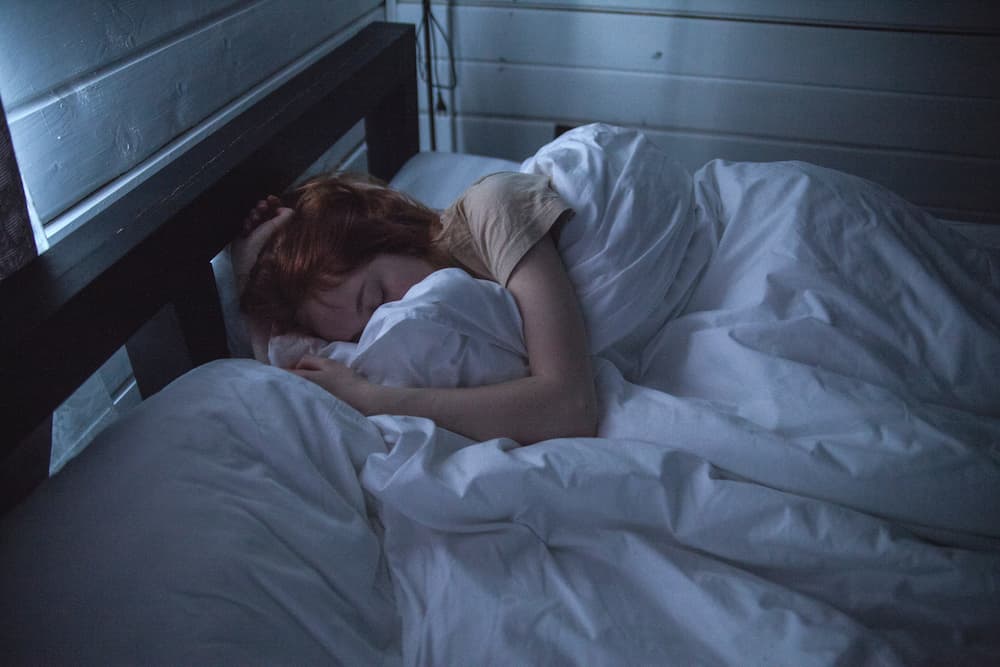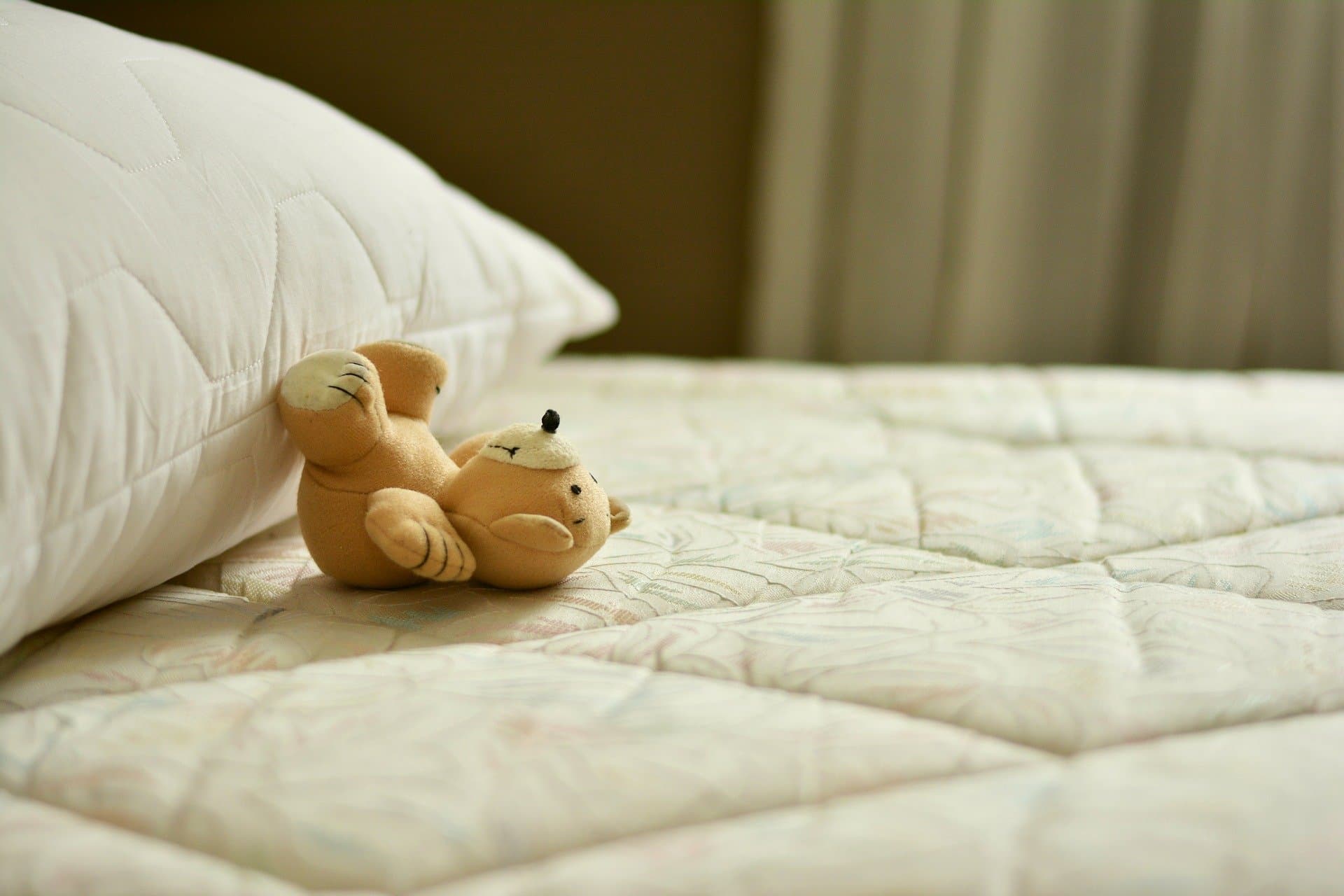Few ways to assess smells with the help of technology exist. Aryballe's groundbreaking solution, the digital nose, tackles this. It revolutionizes olfactory research and can transform a variety of industries. That, in turn, could completely change the way humans perceive smell.
Who Is Aryballe Technologies?
Aryballe Technologies is a French startup that makes smells digital. We use bio-sensors and optic technologies to analyze odors. The startup was established in 2014. "Digital nose" unlocks wider possibilities for the manufacturing and automotive, food, and cosmetics industries. We also offer their device to end-customers for cooking & food storage monitoring.
Digital Nose By Aryballe
NeOse Pro is a technology that captures and evaluates odors. Afterward, the tool presents the interpreted data on a dashboard and analyzes it.
What Is Digital Nose
The solution is composed of two elements. Our hardware with sensors detects and processes smell molecules. The second is the software translating the olfactory information to Aryballe Suite where it's analyzed. The received data is very accurate. We aim to create sensors that "smell" with human precision.
Our first hardware tool is called NeOse Advanced. It utilizes silicon photonic to detect and collect odor data. The second is Core Sensor, a sensor technology that is used in NeOse. Businesses can integrate it with 3rd-party sensor networks they already have. That's helpful for businesses that already have the infrastructure for capturing the data but don't have the tools to do it.
Applying this technology can help companies add more value to their operations. People love buying products that smell nice and smells stay in our memory for a long time. Imagine if someone were to offer you a product that smelled like your childhood, or first love, or a specific place you've visited during travels. Very few wouldn't be affected by such products.
With Arybelle, retail companies can boost their sales via applying olfactory data of what their consumers like to smell. For instance, we offer the automotive industry to make their cars more appealing with a pleasant "car smell". We've figured out what that smell is composed of on a molecular level — and now we're ready to deliver it to businesses.
Our tool currently holds 800 odors in its database to assist analysis. We'll have even more soon.
When Businesses Need Digital Nose?
Electronic olfaction represents a valuable tool for research labs and production units. Let's take a closer look at some of the cases where the NeOse strengthens the operations.
At First Stages of Product Development
Aryballe's artificial nose is useful if a company wants to duplicate an odor or confirm the raw materials for a product smell appropriately to use in manufacture. For instance, coffee manufacturers can achieve better consistency. The e-nose helps to choose raw coffee beans and blends that are fit for working with them. In the same way, chocolate suppliers can test the condition of raw cacao beans. Plus, olfaction data can accelerate sampling — as we have done with vanillin. That's something the perfume and beauty industries can use along with the food companies.
During Manufacturing — to Maintain Safety
The tool notifies factory workers about the presence of dangerous gases. It also discerns leaks in pipelines, which enables safer manufacturing. The e-nose also helps prevent malfunctioning of equipment — so companies can avoid losing resources. Aside from resource loss, companies are less likely to receive unexpected results in the aftermath of production.
Within Quality Control Processes
The artificial nose lets food and beverage manufacturers control product quality. As a rule, the food industry relies on the human sense of smell — it's considered the most accurate instrument. Still, there are cases when manufacturers need extreme specificity. Then, nothing can outperform the digital nose. NeOse Pro sensors discern flavor changes that signal that product expired or got contaminated. The device also detects pathogens. It catches the smallest changes within odor atoms and can even spot oxidation levels.
NeOse Pro for Consumers’ Kitchens
People can apply Aryballe’s artificial nose at home. It helps control food freshness in the kitchen as it recognizes odors present in the fridge. With NeOse Pro, you can also avoid over-cooking your food. As soon as the sensor detects that something is off — the meat or a pastry got burnt, for example — it notifies you. NeOse Pro easily tells raw dough apart from a perfectly baked cookie. Convenient, right?
Aryballe Raises €7 Million for Digital Nose
Aryballe Technologies has recently raised €7 million for its artificial nose technology. The funding came from European, Asian, and North American investors. With a new investment round, Aryballe’s total funding got up to €17 million.
That will definitely speed up the progress in our olfactory research. In our work, we aim for precision and sustainability — you've got to do that when you want to match (and, perhaps even exceed somewhen?) human smell perception.

















